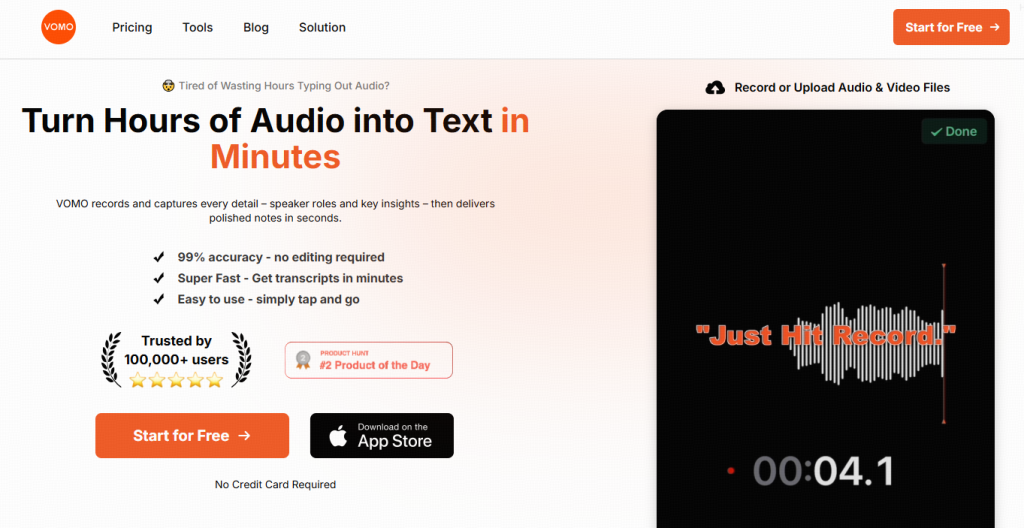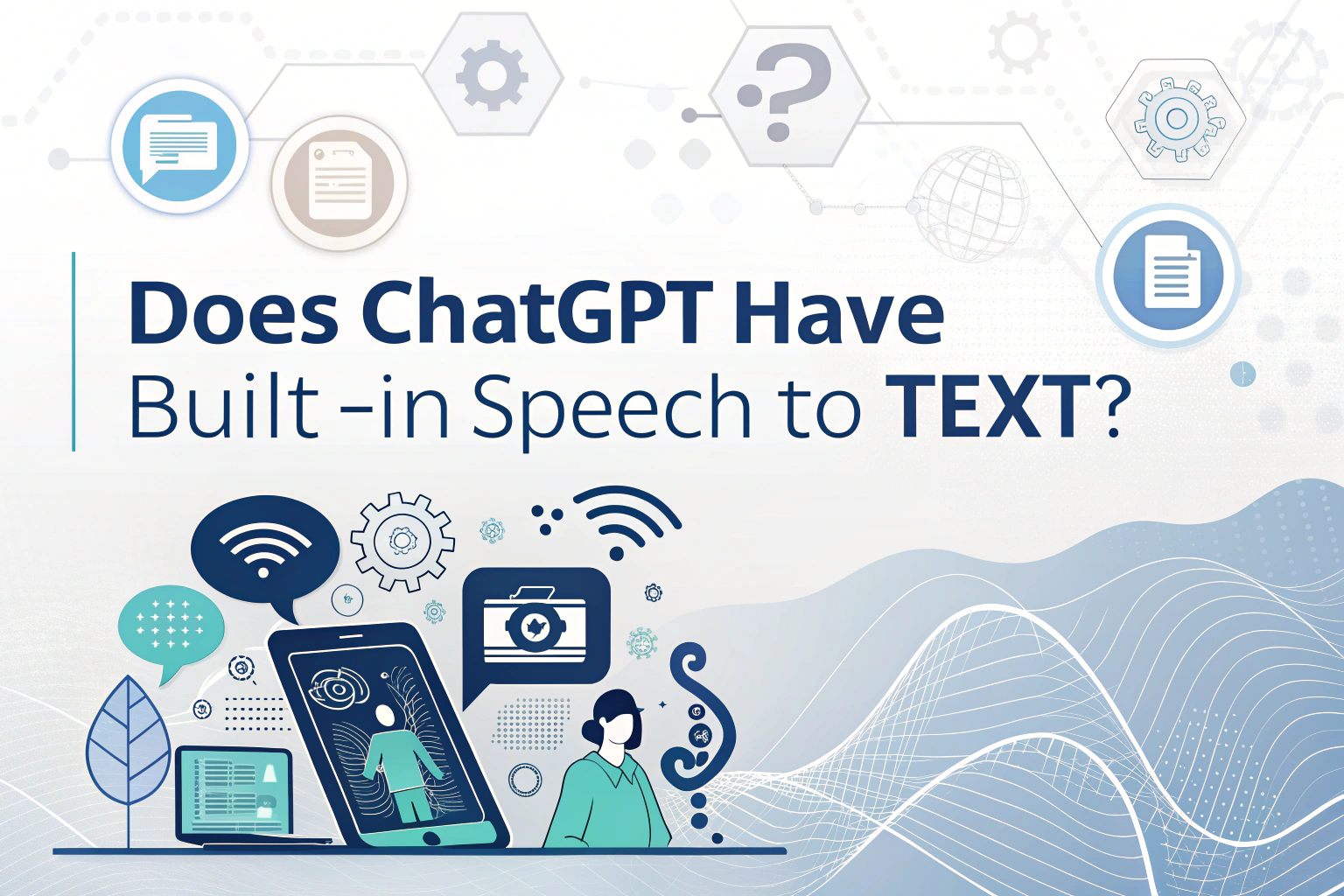No, ChatGPT does not have built-in speech-to-text functionality in its standard chat interface. By default, ChatGPT cannot directly listen to or transcribe audio files. However, when combined with tools like OpenAI’s Whisper model or third-party integrations, it can process spoken content, convert it into text, and then summarize, analyze, or reformat it. This means ChatGPT can be part of a powerful transcription workflow — just not on its own.
How ChatGPT Handles Speech to Text
ChatGPT works best when speech is first transcribed into written form. This is typically done using an external transcription engine that converts speech into plain text. Once the spoken content is in text format, ChatGPT can summarize, translate, correct grammar, or adapt it into different writing styles. This workflow is often referred to as audio to text processing.
Using ChatGPT for Video Content Transcription
Although ChatGPT cannot directly handle video files, you can extract the audio track and use a transcription tool to create text from the speech. This method is known as video to text, and it allows ChatGPT to work with video-based dialogue. After transcription, you can use ChatGPT to generate summaries, create captions, or repurpose the content into blog posts, reports, or scripts.
Best Tools to Combine with ChatGPT for Speech to Text
If you want to integrate speech-to-text capabilities with ChatGPT, these tools are worth considering:

- OpenAI Whisper API – High-accuracy speech recognition in multiple languages.
- VOMO AI – Converts both audio and video into text and enables AI-powered summarization.
- Otter.ai – Good for meetings, webinars, and lectures.
- Notta – Useful for multilingual transcriptions.
Popular Use Cases for ChatGPT Speech to Text
- Meeting Notes – Record and transcribe business meetings for easy reference.
- Podcast Summaries – Turn long podcast episodes into concise bullet points.
- Interview Transcripts – Organize Q&A content for publishing or analysis.
- Lecture Notes – Convert classroom recordings into clear, structured summaries.
- Video Subtitles – Create accurate captions for video content.
Limitations to Keep in Mind
- ChatGPT cannot natively accept audio or video uploads.
- Transcription quality depends on the clarity of the recording and background noise.
- Real-time speech-to-text is not available without specialized integrations.
Final Thoughts
While ChatGPT doesn’t have built-in speech-to-text capability, pairing it with transcription tools like Whisper or VOMO AI makes it a powerful solution for processing spoken content. By combining transcription with ChatGPT’s language abilities, you can create summaries, captions, translations, and more — transforming speech into actionable text.


